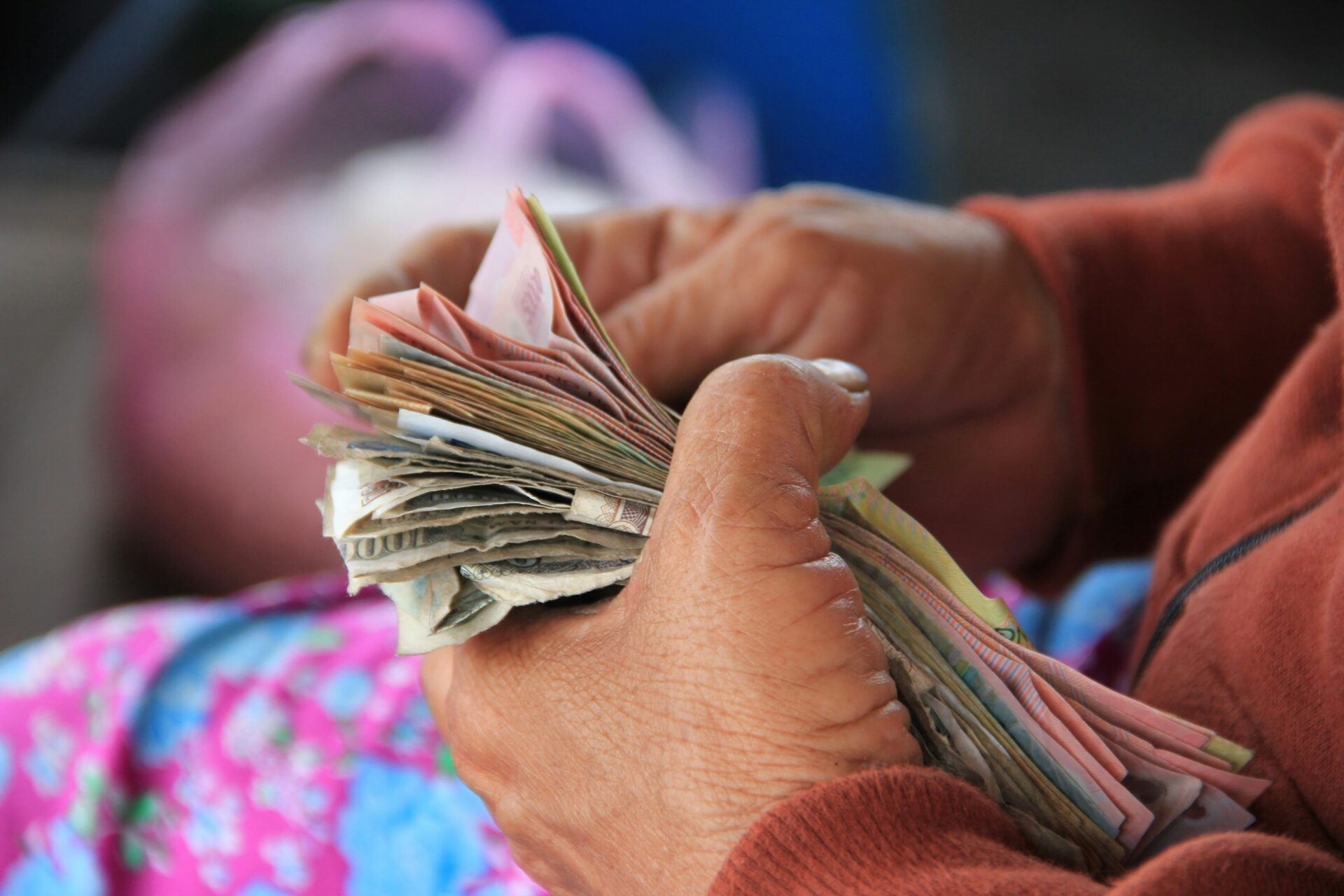Thailand vs. Vietnam: Tax System, Income Tax, and Corporate Tax Comparison

When expanding business in Southeast Asia, understanding the tax differences between countries is crucial. Both Thailand and Vietnam attract foreign businesses and investors, but their tax structures vary significantly. This article provides a detailed comparison of income tax, corporate tax, and value-added tax (VAT) in both countries.
目次
1. Overview of Thailand and Vietnam’s Tax Systems
Thailand’s Tax System
✔ Thailand has a straightforward tax system, making it favorable for foreign businesses.
✔ Corporate tax rate: 20% (with incentives for SMEs).
✔ Personal income tax is progressive (0%–35%).
✔ VAT (Value-Added Tax) is set at 7%.
✔ Investment incentives available through the Board of Investment (BOI).
Vietnam’s Tax System
✔ Vietnam offers tax incentives to attract foreign investment in specific industries and regions.
✔ Corporate tax rate: 20%, with special incentives in certain sectors.
✔ Personal income tax is progressive (5%–35%).
✔ VAT is generally 10%.
✔ Foreign enterprises must comply with strict registration and tax reporting requirements.
Conclusion: Both countries have similar base tax rates, but Thailand offers a more stable tax environment with clear corporate incentives.
2. Income Tax Comparison (Personal Income Tax)
| Tax Rate | Thailand (THB) | Vietnam (VND) |
|---|---|---|
| Up to 150,000 | 0% | 5% |
| 150,001–300,000 | 5% | 10% |
| 300,001–500,000 | 10% | 15% |
| 500,001–750,000 | 15% | 20% |
| 750,001–1,000,000 | 20% | 25% |
| 1,000,001–2,000,000 | 25% | 30% |
| Over 2,000,001 | 30%–35% | 35% |
✔ Thailand offers a tax-free threshold for individuals earning less than 150,000 THB ($4,500).
✔ Vietnam applies a 5% tax rate for earnings above 1.5 million VND ($60).
✔ Higher income brackets in both countries have similar tax rates.
Conclusion: Thailand is more favorable for lower-income earners due to its tax-free threshold.
3. Corporate Tax Comparison (Business Taxation)
| Corporate Tax Rate | Thailand | Vietnam |
| Standard Rate | 20% | 20% |
| SME Incentives | 15% (for qualified businesses) | 10% (for certain industries and locations) |
| Special Incentives | BOI-certified businesses enjoy 5–10 years of tax exemption | High-tech industries qualify for 10% for up to 15 years |
✔ Thailand’s BOI incentives allow tax exemptions for high-priority industries.
✔ Vietnam offers long-term reduced corporate tax rates (10%) for specific industries.
✔ Vietnam has stricter compliance requirements compared to Thailand.
Conclusion: Thailand’s tax incentives through BOI provide strong advantages for foreign investors, while Vietnam offers lower tax rates for specific sectors.
4. Value-Added Tax (VAT) and Other Taxes
VAT (Value-Added Tax) Comparison
| Category | Thailand | Vietnam |
| Standard VAT Rate | 7% | 10% |
| Reduced Rate | 0% for certain services | 5% for some exported goods |
| Exemptions | Healthcare, education | Healthcare, education, agriculture |
✔ Thailand’s VAT is set at 7%, lower than Vietnam’s 10%.
✔ Both countries offer VAT exemptions for healthcare and education.
✔ Vietnam has a VAT refund system, requiring businesses to manage complex compliance.
Conclusion: Thailand’s lower VAT rate benefits businesses, making it a more cost-effective market.
5. Conclusion: Which Country is More Advantageous for Business and Individuals?
After comparing Thailand and Vietnam’s tax systems, each country presents unique advantages.
✔ Thailand has a more favorable personal income tax system for lower earners.
✔ Both countries have a 20% corporate tax rate, but Thailand’s BOI incentives provide strong benefits.
✔ Thailand has a lower VAT rate (7%) than Vietnam (10%).
✔ Vietnam offers long-term corporate tax reductions for certain industries.
✔ Thailand’s tax system is more transparent and stable for foreign businesses.
Final Verdict:
- For individuals, Thailand offers a more tax-friendly system.
- For businesses, both Thailand and Vietnam offer opportunities, but Thailand provides a more stable and predictable tax environment.
Business owners and expatriates should consider their specific industry and financial situation when choosing the best country for investment or residency.



